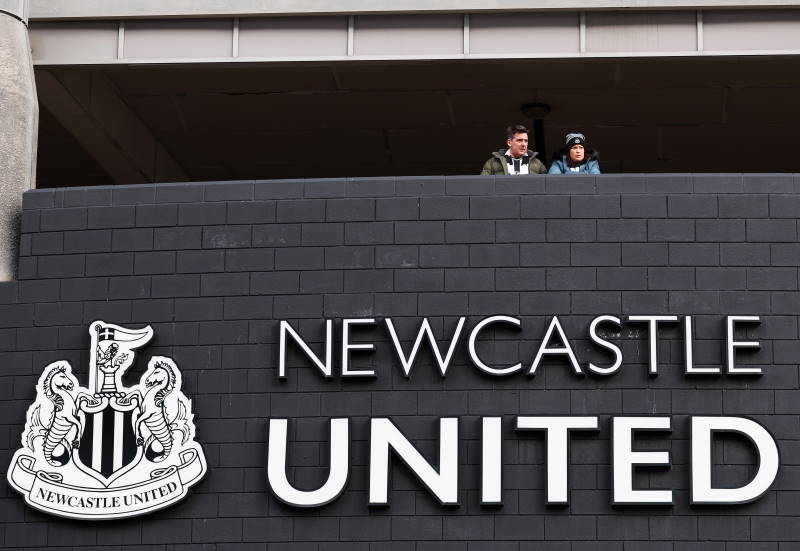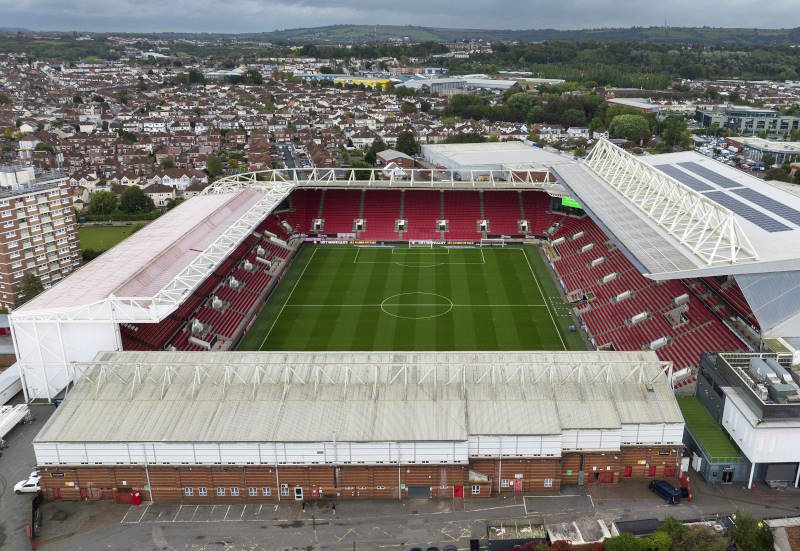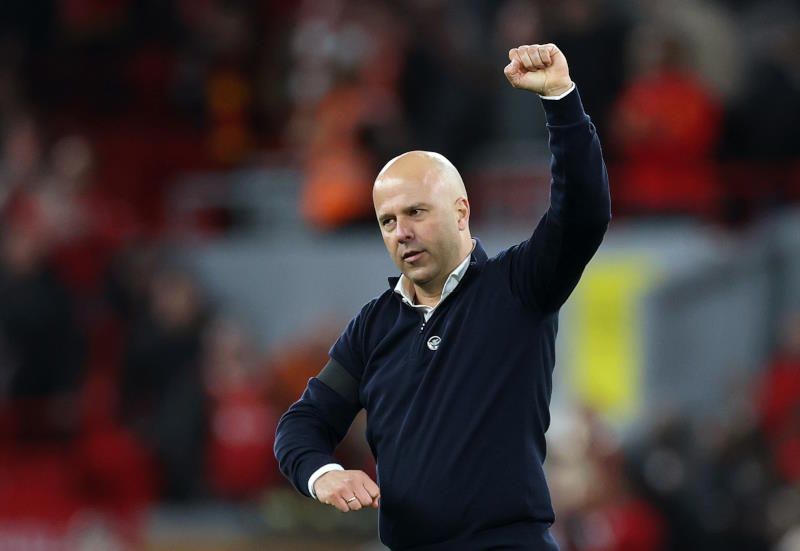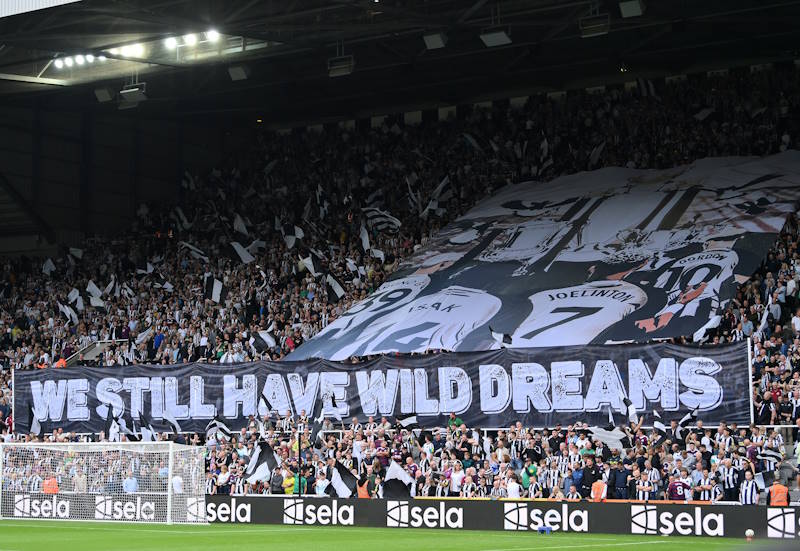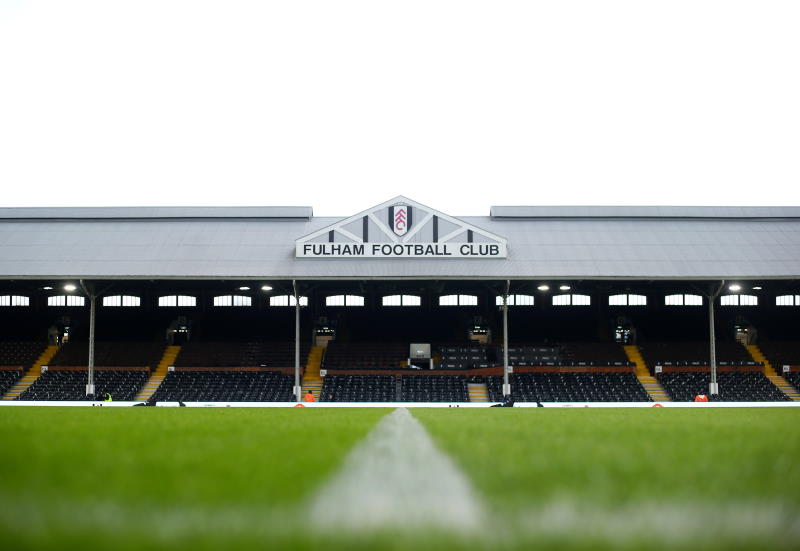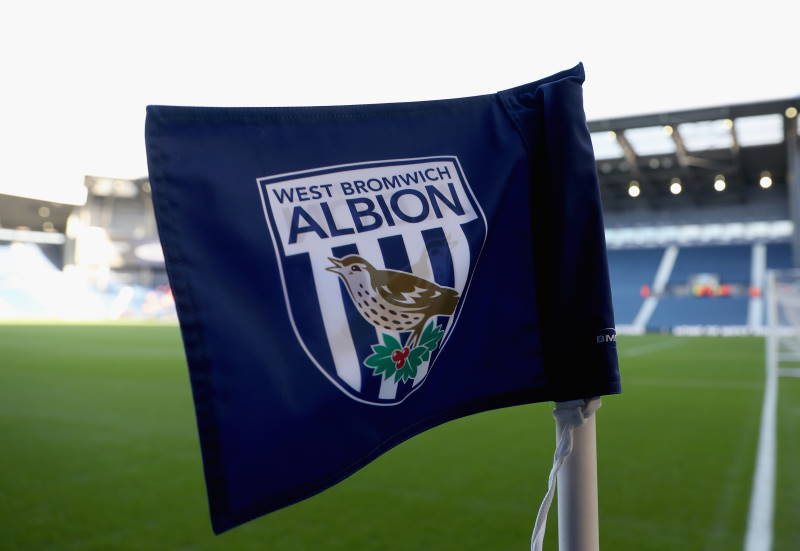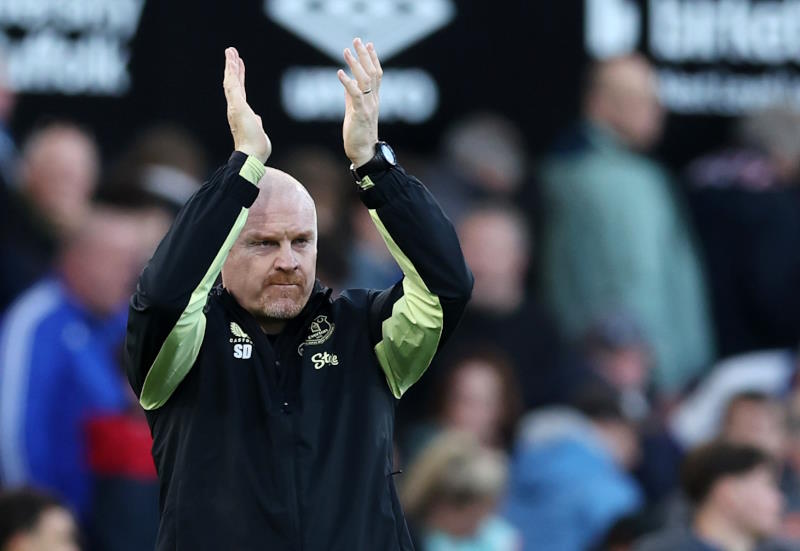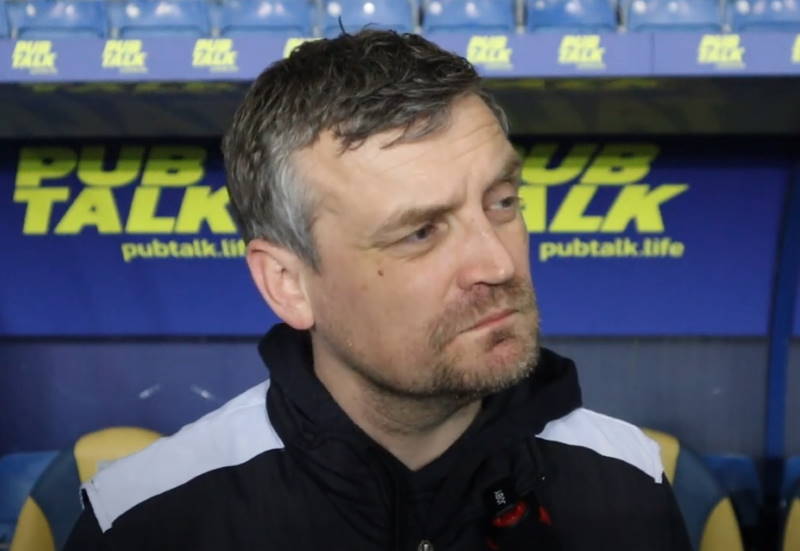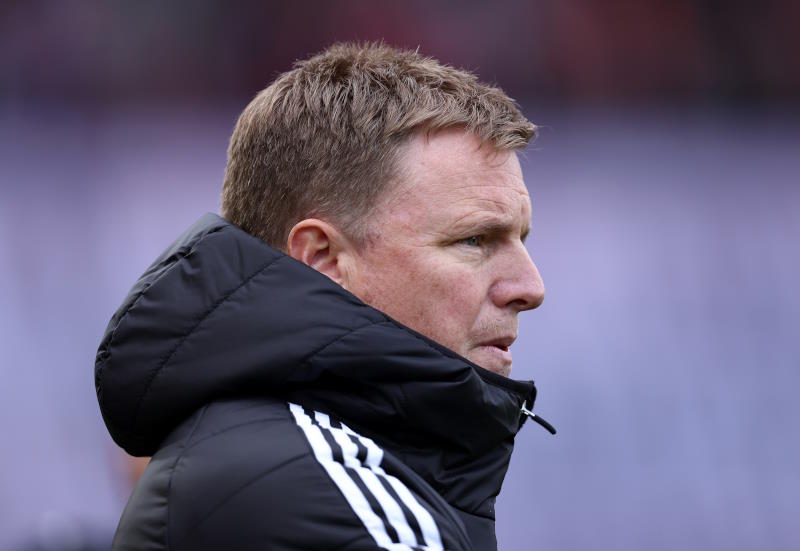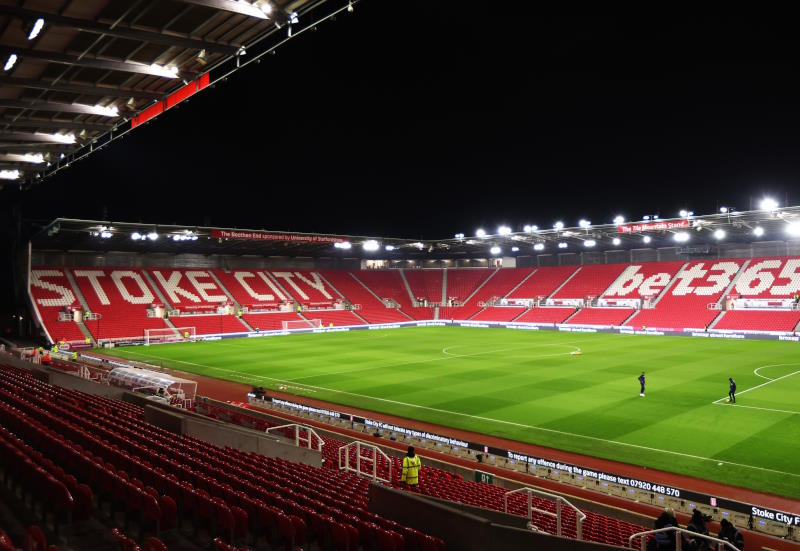
Liam Barnes
The English sides have managed to establish the sort of dominance in the European Cup that they held in the late 1970s and early 80s, when they won an astonishing seven out of the eight finals prior to the Heysel disaster of 1985. This week, three Italian teams fell as soon as they met English opposition, while Liverpool absolutely destroyed a Real Madrid team that was so poor and insipid that legends such as Ferenc Puskas must be turning in their graves. For a second successive year, there are four English sides in the quarter-finals, and the probability that an English team won’t win the tournament again looks decidedly slim, with only Barcelona or Bayern Munich likely to put up a realistic fight. After the relatively lean years of the turn of the millennium and the barren spell after Heysel, English football is back at the top of the European football – the question is why it has happened, and how long will it last?
Looking at the nature of the four ties involving English sides, two were dramatic, tense and keenly contested, while the other pair were much more comfortable than the prestigious names of the opponents suggested. Roma and Arsenal both looked like sides that have had troublesome domestic campaigns, with only the lottery of a penalty shoot-out giving the Gunners entry to the last eight, while Juventus – still suffering from the fallout of the Calciopoli scandal that saw them relegated in 2006 – were only just edged out in a roller-coaster game against a Chelsea side rejuvenated by Guus Hiddink. A bit of luck either way, and London could have had no representatives in the last eight instead of two, and Italian commentators could perhaps laud the bianconeri veterans and their Roman counterparts.
On the other hand, Inter Milan, easily ahead in the race for the scudetto, were totally outplayed by a Manchester United side that looked unbeatable (at least until Liverpool put them comprehensively to the sword), while Real Madrid were completely and utterly obliterated by a Liverpool side that dominated them with impressive ease.
 Liverpool probably have the best striker in the world in Torres, arguably the best midfielder in Gerrard, and certainly other quality players such as Macherano, Xabi Alonso and Pepe Reina, but they have a relatively weak squad compared to the likes of Chelsea and United, and could not really lose the ties considering the way Madrid played over both legs. Inter performed markedly better, and maybe if they were paired with one of the other English sides they could have progressed, but they were little challenge to United, like they were for Liverpool last year, so that positive note seems somewhat fanciful.
Liverpool probably have the best striker in the world in Torres, arguably the best midfielder in Gerrard, and certainly other quality players such as Macherano, Xabi Alonso and Pepe Reina, but they have a relatively weak squad compared to the likes of Chelsea and United, and could not really lose the ties considering the way Madrid played over both legs. Inter performed markedly better, and maybe if they were paired with one of the other English sides they could have progressed, but they were little challenge to United, like they were for Liverpool last year, so that positive note seems somewhat fanciful.
If the current opposition has been sub-standard, what about what lies in wait for the English sides? Well, Villarreal and Porto are, one would expect, going to be easy prey for an English side should they draw them, with the former squeaking past a typically mediocre Panathinaikos side and significantly further behind in La Liga than the awful Madrid, while their Iberian neighbours needed away goals to defeat a soft-centred Atlético Madrid side. Bayern Münich may have scored an amazing total of 12 goals over 180 minutes against Sporting Lisbon, yet Lisbon are lightweights in this competition, and last year barely beat a second-string Bolton in the UEFA Cup. Last year they weren’t even in the tournament, and got hammered 4-0 by the long gone Zenit St. Petersburg in the UEFA Cup semi-final, logic dictates that when they eventually meet strong (i.e. English) opposition, they will be shown up.
That leaves Barcelona as the strongest contenders; dangerous against United last season, this year they have been exceptional on occasions in the league. However their defence is very suspect, as evidenced by giving away three goals to an average Lyon side, and against the firepower of Torres, Ronaldo, Rooney, van Persie and a revitalised Drogba, it is likely they will struggle. In other words, it seems that the best chance of seeing an English team knocked out is if they play another English team, and there is a strong possibility that the Premier League will remain undefeated for a second successive season in Europe.
The current superiority is obvious, but the factors behind it are more obscure. The reason most people will point to is the overwhelming wealth of the Premier League, the enormous television deals which finance the exorbitant wages, and the arrival of mega-rich owners as taking a more competitive element away from UEFA’s glittering prize. This doesn’t quite fit: after all, Real Madrid spent more than anyone else in the transfer window – with the exception of the upwardly mobile Manchester City – yet were played off the park by an inconsistent Liverpool. Inter Milan and Barcelona also indulged in spending sprees this season, with big money signings such as Daniel Alves, Ricardo Quaresma and Jose Mourinho proof that the powerhouses of Serie A and La Liga still have financial muscle. Greater revenue has obviously played a part, but it is disingenuous to carp on about money as the only reason for England’s successes of late.
A better picture is gained by looking into events in the rival European leagues of late, and from there one can quickly see signs of decay, decline and self-destruction. Italy has suffered from the triple trouble of the decreasing attendances, increasing hooliganism and the hangover of the corruption scandal. This has hamstrung both Juventus and Milan, who until then were up with Barcelona, Manchester United, Chelsea and Liverpool as the strongest European teams.
Milan of course won the 2007 final, and should have won in 2005 (though it would be a much less entertaining story had they done so), and Juventus reached a series of quarter-finals and the 2003 final – where they were defeated by Milan – before they were forced to sell some of their best players. Signs of recovery have been showing through of late, with growing crowds and stiffer penalties fighting off violence in and around the stadia, but these three Anglo-Italian ties have shown the current gulf in class between the two leagues.
There has been talk of a mental block when facing English sides as there was when playing Italian sides of old – Juventus being knocked out by three successive English sides since 2005 – but the problems go deeper. Serie A is no longer the world’s best league as it was in the 1990s, and it is no longer the automatic choice for the best South American talent to come and ply their trade in Europe. Players such as Tevez, Mascherano and Anderson have not followed the path laid down by Adriano and Kaka only five years ago. In fact, Italy is a dumping ground for players not wanted by top Premier League teams, such as Tiago, Mohammed Sissoko and Olof Mellberg at Juventus (this is in part due to the fact they have only just come back into Serie A since 2007), or Sulley Muntari and Patrick Vieira at Inter. Things may be improving, but surely it will be a few years at least until Serie A regains some of its former glory and restores parity with the Premier League.
The situation is worse in Spain though. The traditional duopoly of Real Madrid and Barça still reign supreme in the league, but that is despite them rather than because of them. The Nou Camp has indeed some scintillating football this year, but the calibre of opposition in a league where defending is weak, diving is rife (or at least worse than other major European leagues) and there is far less intensity than in England. Real Madrid put together a long winning sequence after the arrival of Juande Ramos, but with a team that would struggle for a top-six finish in the Premier League. Casillas is world-class, as perhaps are Sneijder, Gonzalo Higuain and Sergio Ramos, but again Premier League cast-offs such as Arjen Robben, Lassana Diarra and Gabriel Heinze are integral to the side.
Both Barcelona and Real Madrid chop and change managers at an unsustainable rate, and such self-inflicted wounds have played into the hands of the English sides who, bar Chelsea, have had recent managerial stability, Benitez’s five-year tenure being the shortest. That a Liverpool side on the verge of crisis outclassed a Madrid in a similar position says a lot for the difference between the two leagues that seems to widen year on year.
Outside of these two, and the comparison with England is much starker; Valencia, Sevilla and Atlético Madrid would be tricky opponents for the likes of Aston Villa, Tottenham, Manchester City or Everton, but they would hardly count as overwhelming favourites, despite their greater recent European experience. As with Italy, better young talent is forsaking Spain in favour of England, but more pointedly. Domestic talent is also leaving in droves, shown by Liverpool’s large Spanish contingent and Cesc Fabregas, Gerard Pique and Fran Merida all coming through English teams having been poached from Spanish academies. Spain may be European Champions as a nation, but in a cosmopolitan club competition, they lag behind, watching their bigger, better, stronger and faster opponent disappear over the horizon.
The sun is shining on the Premier League at the moment, and all of Europe is dancing to its tune. As stacks of money pile ever higher, the superiority seems set to continue further, with leagues in Spain and Italy in danger of losing their lustre. The spiralling money in the English top flight surely can’t increase forever, and many in Europe will hope the fall to earth will come soon for the sake of keeping the Champions League interesting. European heavyweights can still put up a fight, and though Britannia will probably rule this year again, there is a chance that if Inter, Barça, Milan or Juve can learn from recent mistakes and rebuild, then English dominance can be threatened. Just don’t hold your breath.
Napoli 86/87 Away ’10’ Maradona Seville 08/09 European Shirt

